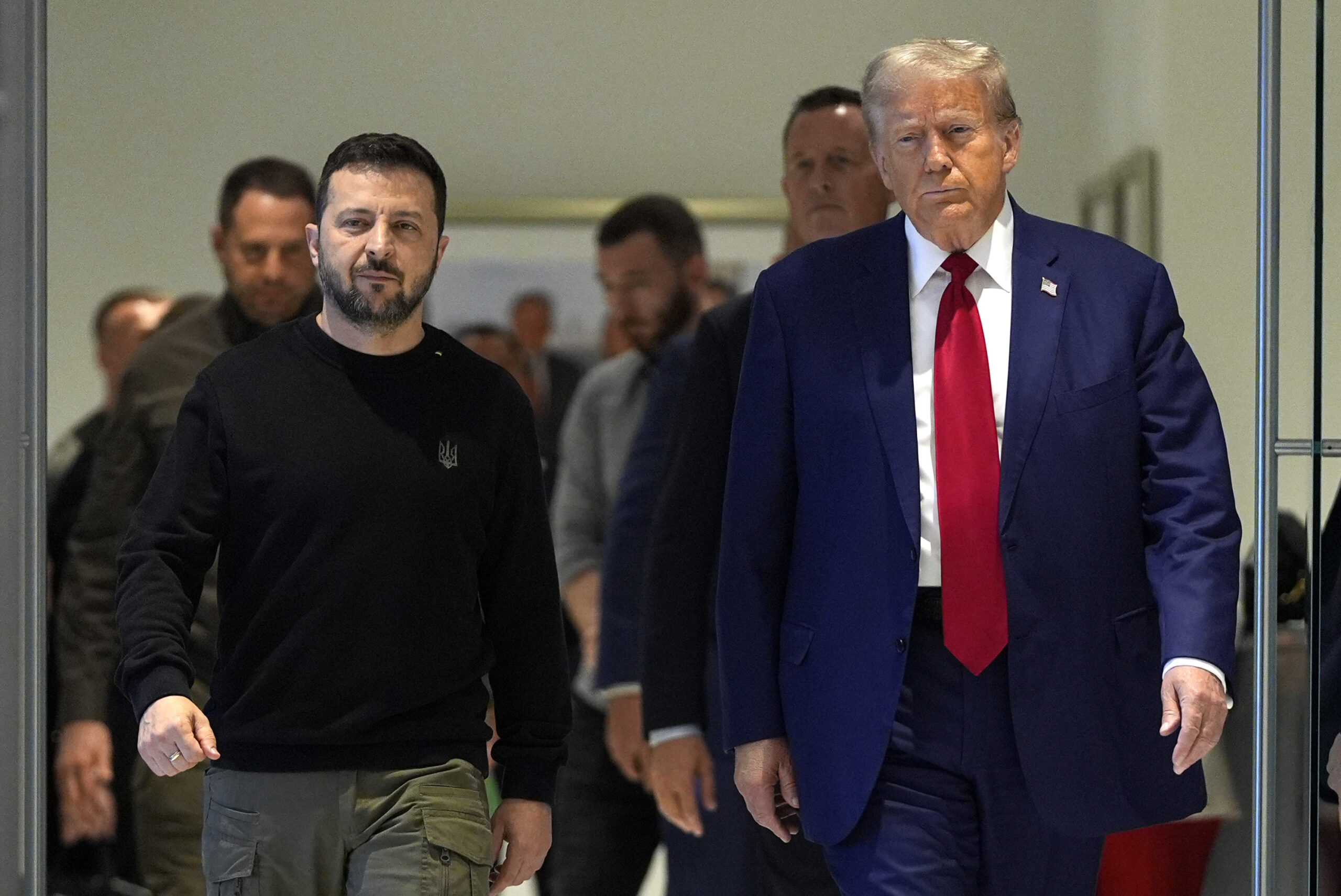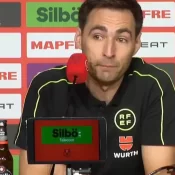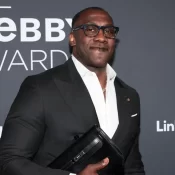
Trump advisors acknowledge that a peace agreement with Ukraine is months away
President-elect Donald Trump’s advisers already acknowledge that the conflict in Ukraine will take months or possibly longer to end, which is a stark reminder of the reality of his most important foreign policy pledge: to reach a peace agreement on his first day in office.
Trump’s Day One promises are a mix of campaign rhetoric and a lack of understanding of the complexity of the conflict and the time required to staff a new administration, according to two Trump associates who have spoken with the president-elect about the war in Ukraine and told Reuters they were looking at a timeline of months to end the conflict.
These evaluations align with statements made by retired Lieutenant-General Keith Kellogg, Trump’s new Russia-Ukraine envoy, who stated in an interview with Fox News last week that he would want to have a “solution” to the war within 100 days, which is far longer than the president-elect had first stated.
Even Kellogg’s protracted timetable, however, was “way, way too optimistic,” according to John Herbst, a former American ambassador to Ukraine who currently works at the Atlantic Council think tank in Washington.
“For this to work, Trump has to persuade (Russian President Vladimir) Putin that there’s a downside for being intransigent,” Herbst explained.
Trump often stated in the lead-up to his election victory on November 5 that he would have an agreement between Russia and Ukraine on his first day in office, if not earlier.
He did, however, subtly change his tone in late October, claiming that he might end the conflict “very quickly.”
Since winning the election, Trump has further softened his language, frequently stating that he will “solve” the dispute without providing a deadline. Furthermore, according to the president-elect, achieving a truce in Gaza will be easier than resolving the conflict in Ukraine.
“I think, actually, more difficult is going to be the Russia-Ukraine situation,” Trump responded when questioned about Gaza during a December news conference. “I see that as more difficult.”
In addition, Russia has given conflicting signals about a potential peace agreement, favoring direct discussions with Trump while rejecting some of the suggestions made by his advisors as unrealistic.
Regarding the revised timeframe provided by the Trump team, the Kremlin remained silent. Requests for response were not answered by representatives of the Ukrainian embassy in Washington or Trump’s prospective government.
“THINGS OF NO INTEREST”
Russia has advanced significantly on the battlefield in the last several months. Despite the high human and material costs associated with those gains, many observers contend Putin has an incentive to stall an agreement as he attempts to expand his influence over Ukrainian territory.
Earlier this month, Russia’s envoy to the UN, Vasily Nebenzya, stated that Trump’s advisers’ peace proposals were “nothing of interest.” Herbst cited his remarks.
Trump’s advisors are mostly in favor of stabilizing the present fighting lines and removing the prospect of Ukraine joining NATO, at least for the near future, even if the specifics of a Trump peace plan are still being discussed.
Providing Ukraine with a tangible security guarantee, such the establishment of a demilitarized zone manned by European soldiers, is also supported by the majority of senior Trump aides.
The fact that the Trump team’s efforts to bring the conflict to a close have so far been sporadic highlights how easily campaign pledges may collide with the realities of difficult diplomatic discussions.
According to Reuters last week, Trump’s envoy for Ukraine, Kellogg, delayed a scheduled trip to Kyiv before to the inauguration, reportedly as part of a fact-finding expedition to give authorities a head start on a peace proposal.
According to the Ukrainian foreign ministry, the United States is worried about breaking the Logan Act, which restricts private persons’ capacity to engage in negotiations with other governments.
Last week, Trump stated at a press conference, “I don’t think it’s appropriate that I meet (Putin) until after the 20th, which I hate because every day people are being – many, many young people are being killed.”
According to one of the Trump foreign policy advisers who spoke to Reuters, new Trump administration officials at the State Department, National Security Council, and other organizations are still figuring out who has authority and involvement over certain geopolitical matters.
All Categories
Recent Posts
Tags
+13162306000
zoneyetu@yahoo.com



